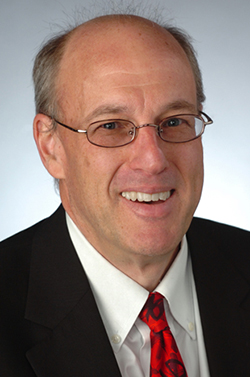Student Innovations Shine at 2025 Invent@SU Presentations
Eight teams of engineering students presented designs for original devices to industry experts and investors at Invent@SU Final Presentations. This six-week summer program allows students to design, prototype and pitch their inventions to judges. During the program, students learn about…


